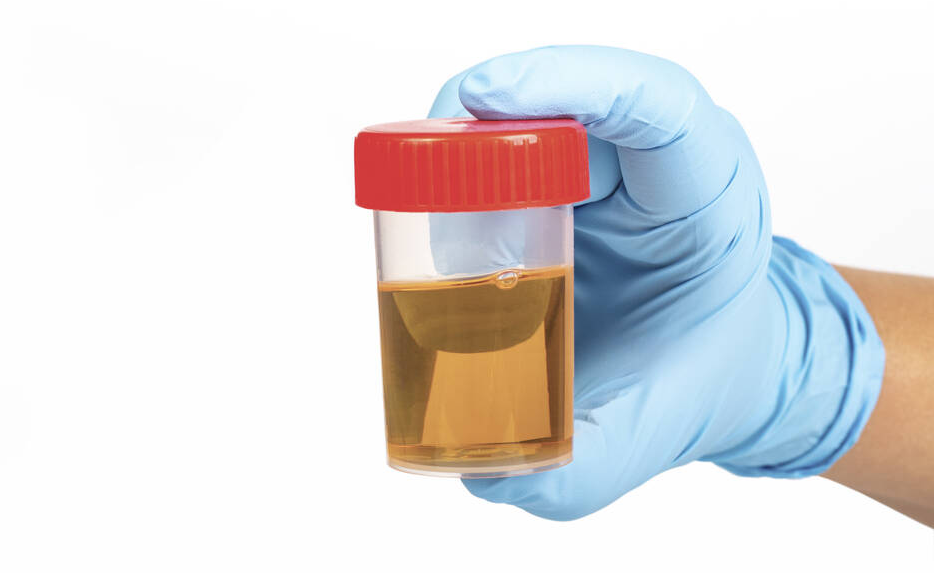Understanding how long marijuana stays in the body can be crucial to some people for various reasons, from employment screenings to personal health monitoring.
 Marijuana’s active compound, THC, and its metabolites can linger in the system, with urine tests being the most common method of detection. Here’s what the science says about marijuana detection in urine, hair, and saliva tests, and how CBD factors into this.
Marijuana’s active compound, THC, and its metabolites can linger in the system, with urine tests being the most common method of detection. Here’s what the science says about marijuana detection in urine, hair, and saliva tests, and how CBD factors into this.
Urine Tests
Urine tests are widely used due to their non-invasive nature and ability to detect marijuana usage over a prolonged period. THC is broken down into metabolites, which are then excreted in the urine. Several factors influence the detection window, including frequency of use, body fat percentage, metabolism, and overall health.
- Occasional Users: For those who use marijuana infrequently (one to three times a week), THC can typically be detected in urine for up to three days.
- Moderate Users: Individuals who use marijuana several times a week may test positive for up to 7-10 days after their last use.
- Chronic Users: Regular users (daily or almost daily) may have detectable levels of THC in their urine for up to 30 days or longer.
- Heavy Users: In some cases, very heavy users have tested positive for THC in their urine for up to 90 days after cessation.
Hair and Saliva Tests
While urine tests are the most common, hair and saliva tests are also used to detect marijuana use, each with its own detection windows and reliability.
- Hair Tests: Hair tests are known for their long detection period. THC metabolites can be incorporated into hair follicles from the bloodstream, allowing detection for up to 90 days or more. However, hair tests are less common due to higher costs and the potential for false positives from environmental exposure.
- Saliva Tests: Saliva tests are used to detect recent marijuana use. THC can be detected in saliva within minutes of use and can last up to 24-72 hours, depending on the frequency of use. This method is often used in roadside testing for impaired driving due to its ability to detect recent consumption.
CBD and Drug Tests
CBD, a non-psychoactive component of cannabis, has become increasingly popular for its therapeutic benefits. However, many people are concerned about whether CBD products will affect drug test results.
- Pure CBD Products: If the CBD product is pure and contains no THC, it should not cause a positive result in a drug test. However, it’s essential to use products from reputable sources to ensure they are free from THC contamination.
- Full-Spectrum CBD Products: These products contain a range of cannabinoids, including trace amounts of THC (usually less than 0.3%). Regular use of full-spectrum CBD products could potentially lead to a positive urine test, especially if consumed in large quantities.
Conclusion
The duration that marijuana stays in your system varies widely based on several factors, including the frequency of use and the type of drug test administered. Urine tests remain the most common method, with a detection window ranging from a few days to several weeks. Hair tests offer a long-term detection period, while saliva tests are best for identifying recent use. When using CBD products, it’s crucial to choose high-quality, THC-free options to avoid any potential issues with drug tests.
For more detailed information on marijuana detection times and CBD, consult the latest scientific research and guidelines from reputable health organizations.






